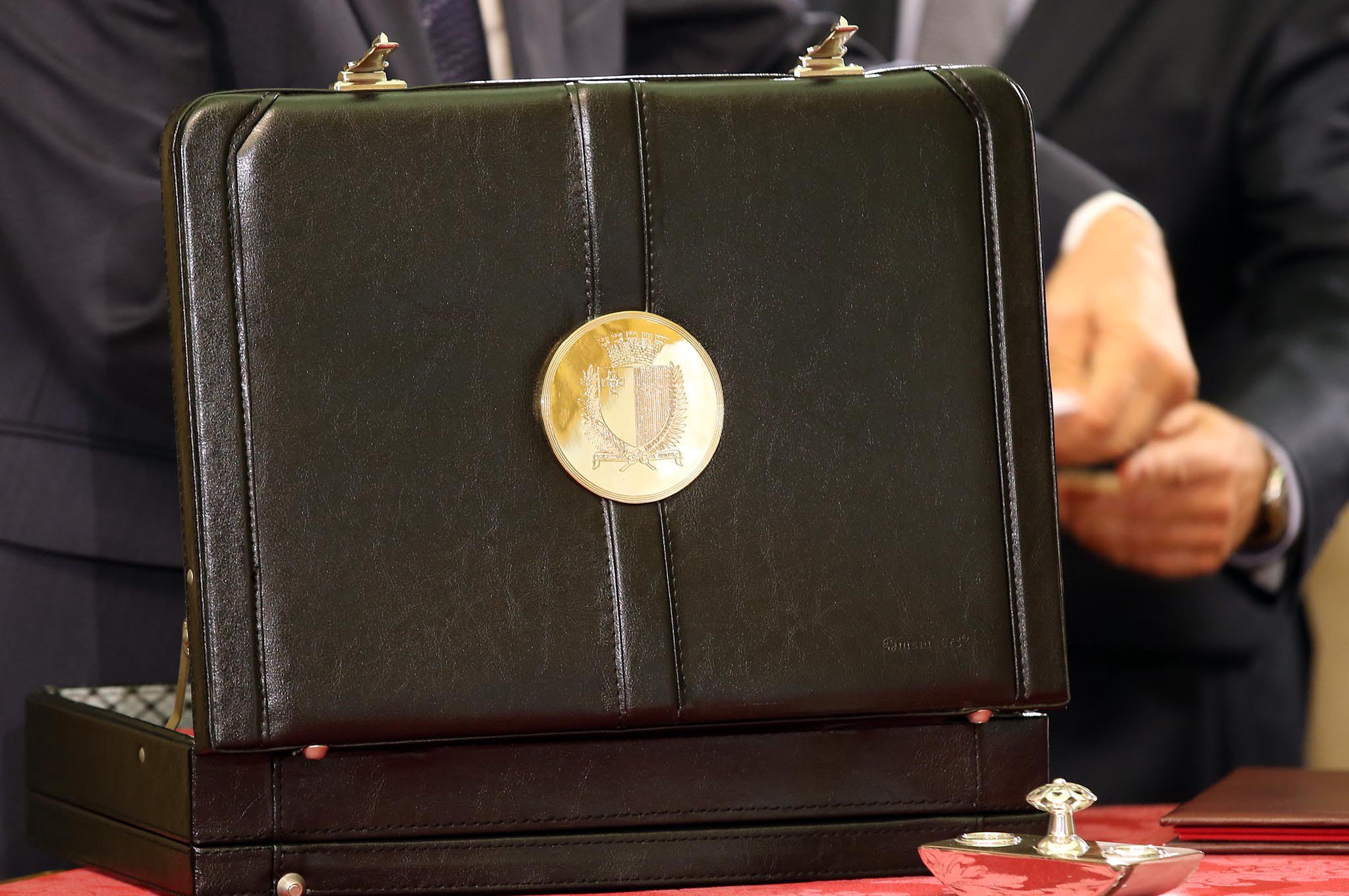Malta’s next annual Budget covering 2022 will be presented to the House of Representatives on 11th October. Following this, MPs will then debate its content during dedicated Parliamentary hearings, before final approval is granted.
Coming as Malta emerges from the devastation of the pandemic, the Budget will aim to set the country on its road to financial recovery.
It will also have to address the new landscape Malta finds itself operating in, providing consideration for the prospective impacts of the country’s greylisting by the Financial Action Task Force (FATF), which could potentially have a disastrous effect on the lucrative local financial services sector, as well as the impacts of Brexit.
While specific information about what the budget could contain remains limited – indeed at the end of August the Government was said to still be working on it – BusinessNow.mt has compiled proposals and priorities of a number of industry lobbying groups and bodies, to gauge what it could address.
A tax hike?
Adjustments to tax rates are among the most effective and commonly implemented fiscal control measures, especially in eurozone countries that lack the ability to deploy currency devaluation as a means to counter internal economic instability.
Considering the economic devastation of the pandemic, concerns had been raised that the Budget would see the Government levy new or increased tax rates to help balance the budget.
However, Government figures, including both Prime Minister Robert Abela and Finance Minister Clyde Caruana have repeatedly and categorically stated that no new taxes will be levied to pay for its COVID-related support packages.
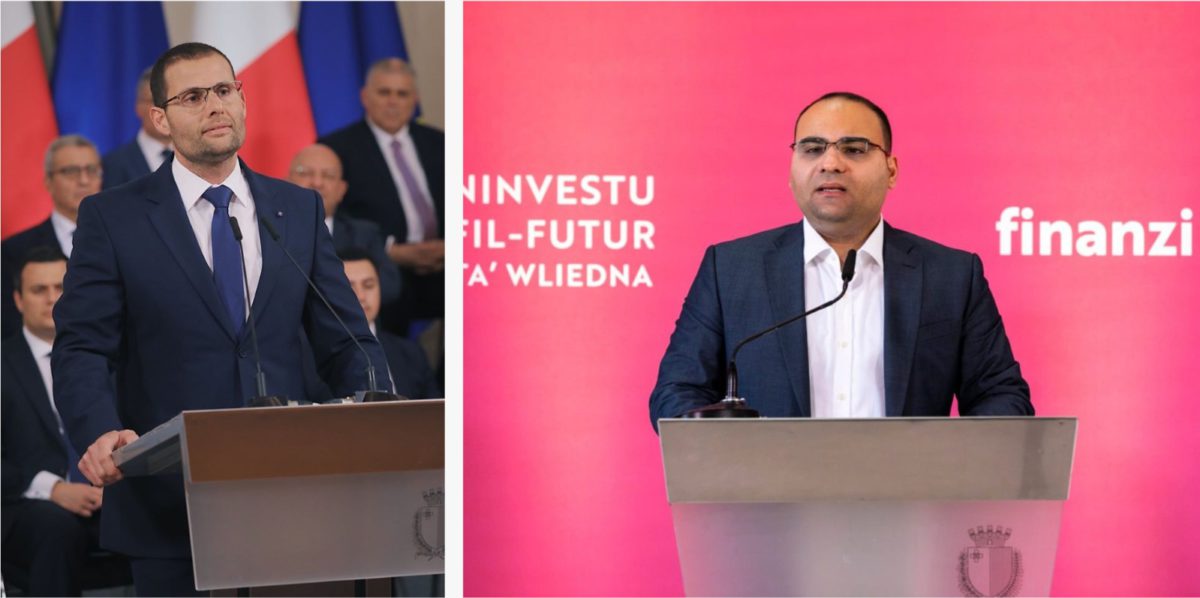
The Prime Minister insisted that the current Labour Government “has the credentials” to balance the Budget without raising or adding taxes, referring to its performance since 2013, when it came into power at the peak of a deficit crisis.
When confirming the date, the Prime Minister also hailed the success of the Government’s financial management and ‘mini-budget’ during the pandemic, celebrating the spending of some €900 million to support businesses and families during the period as “money well spent”
The Prime Minister also emphasised the Government’s record on unemployment, which he has said remains unprecedently low – even as local businesses have declared a labour crisis, with a major staff shortage impacting Malta’s lucrative hospitality sector particularly badly.
What social partners propose
Aside from addressing taxes, the Budget normally introduces initiatives targeting improvements in particular sectors as well as more generally the economy as a whole, and the Government has, again, received a number of proposals for what these initiatives should include.
Indeed, at a meeting last Wednesday, the Malta Council for Economic and Social Development (MCESD) put forward some 230 proposals, tracing seven distinct elements – economic, human, social, institutional, environmental, urban and cultural.
Amongst the most notable of the proposals was that for a four-day working week, which has been successfully trialled in other countries.
Additionally, the reopening of craft schools, as well as the granting of a bonus to COVID-19 frontline workers, was suggested.
The organisation stated that its proposals represent its desire for an economy that works for people and the planet, and which is based on competitive sustainability.
Generally, there should be an overarching sectoral analysis to determine how the economy should be restructured to foster increased resilience, with an emphasis placed on value-adding the tourism sector, the manufacturing sector, better regulating the short-term rental market and focusing on Gozo.
Support for the tourism industry, the MCESD said, which is striving to recover from its decimation during the COVID pandemic, should come in the form of a relaxation of restrictions, attracting high-spending tourists, the eradication of unlicensed operators, and a new workforce strategy for the sector.
Interest groups weigh in
The Malta Maritime Forum (MMF) has called for a “forward-looking” budget, with initiatives that reflect the maritime sector’s “systematic strategic and economic importance”.
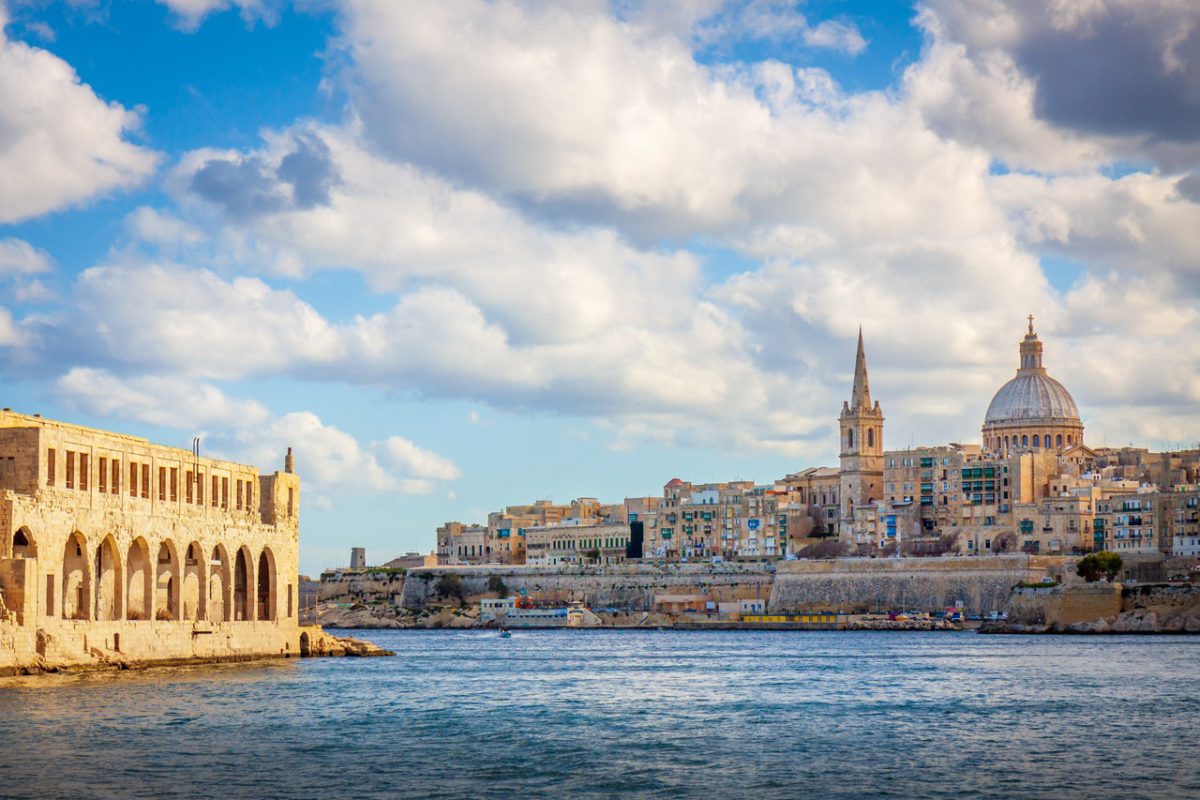
It asked for the introduction of “tangible” initiatives to respond to threats posed by climate change and the opportunities afforded by digitalisation.
The Malta Employers Association (MEA) has also released its national budget proposals, focusing on what it believes to be the country’s most pressing issues.
It notes that Malta’s economic performance in the first half of 2021 fell short compared to many of the optimistic statements and projections made at the start of the year.
It stated that the COVID pandemic is still a threat to Malta’s tourism sector, and warned that the impact of the country’s greylisting by the Financial Action Task Force (FATF) will be felt across the economy in the coming months.
A particularly pressing issue covered in the MEA’s proposals was that of the crippling labour shortage which has had an impact across sectors.
Making a number of short, medium and long-term proposals, the organisation notably said that to reverse the talent drain “from the private sector prior to an election,” public service recruitment should be suspended in the six months leading up to a general election.
“The future of the Maltese economy will depend on the management of its human resources and the budget should plan for this in an appropriate manner”, it said.
The issue of labour shortages has also been addressed by hospitality industry stakeholders like the Malta Hotels and Restaurants Association (MHRA) and the Association of Catering Establishments (ACE), in recent months, independently of any Budget proposals.
On the part of ACE, in comments to BusinessNow.mt, prior to the release of the date of Malta Budget 2022, the organisation’s CEO Omar Vella pondered that the long-term solution to labour shortages would be the fostering of local talent through the strengthening of education and the support of training.

On the other hand, the MHRA has, in mid-July, called for the Government to exempt from tax payments overtime and part-time revenues earned by employees working in the tourism, travel, and hospitality sectors.
Two prominent industry bodies representing the interests of Gozo have also provided a number of proposals for consideration in Malta’s 2022 budget.
The Gozo Tourism Association’s submission featured 23 proposals across five priority areas: inter-island connectivity, fiscal measures, the product, marketing and human resources.
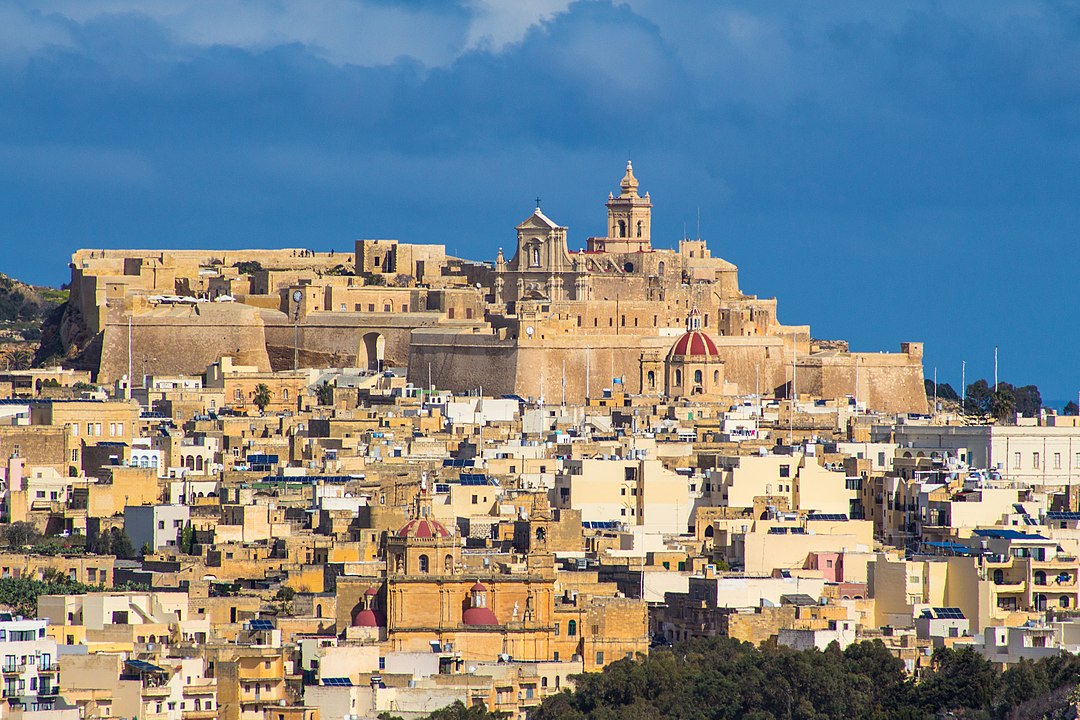
Specific suggestions included the development of a water park and a theme park, to increase the destination’s attractiveness to visitors.
On the other hand, the Gozo Business Chamber has advocated for a scheme to incentivise the redevelopment of houses over apartments.
Aside from this proposal, the Gozo Chamber also called for the Government to start the process for the establishment of a specialised faculty on the island targeting the green economy and other associated sectors.
There should also be an international call for expressions of interest for a specialised company to manage the Digital Innovation Hub as an incubator for start-ups in the digital sector.
What the International Monetary Fund has said
While it does not directly reference the 2022 budget, the International Monetary Fund (IMF), has called on Malta to begin scaling down its COVID-related financial support programmes.
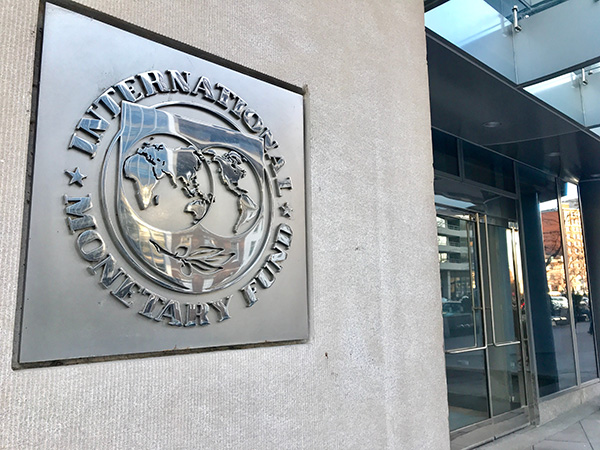
The body encouraged Malta’s Government and local regulators to address increased public spending during the pandemic, and avoid “cliff effects” of reduced support.
The creation of a medium-term plan to unwind support measures is likely to be a priority of the Government in its budget, as it aims to reign in its dramatically increased spending during the pandemic.
In mid-April, Minister Caruana revealed the pandemic has impacted Government finances to the tune of €5 million per day – comprised of €3 million more in spending and €2 million in lost revenue.
Who’s yet to release proposals?
A number of prominent organisations and stakeholders are still to release proposals and can be expected to do so in the coming weeks.
Perhaps most notably, the Nationalist Party has not yet presented its shadow budget.
Additionally, two of Malta’s leading business lobby groups, the Malta Chamber, and the Chamber of SMEs have not yet released proposals for the budget.
European Parliament adopts regulation making it easier for companies to be paid on time
The maximum credit term under the new Late Payment Regulation is to up to 120 days, for some sectors
French ATC strike forces Ryanair to cancel over 300 flights, affecting 50,000 passengers
The low-cost carrier is demanding the EU carries out reforms to ensure travel continues undisrupted
Valletta ranks 8th most expensive European capital city to live in – study
While London is the most expensive, Bucharest is the most affordable


